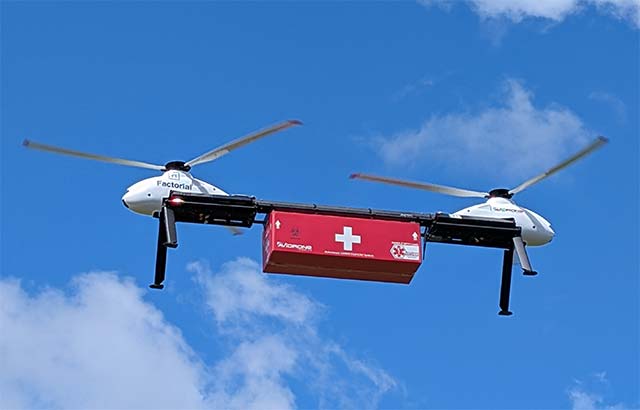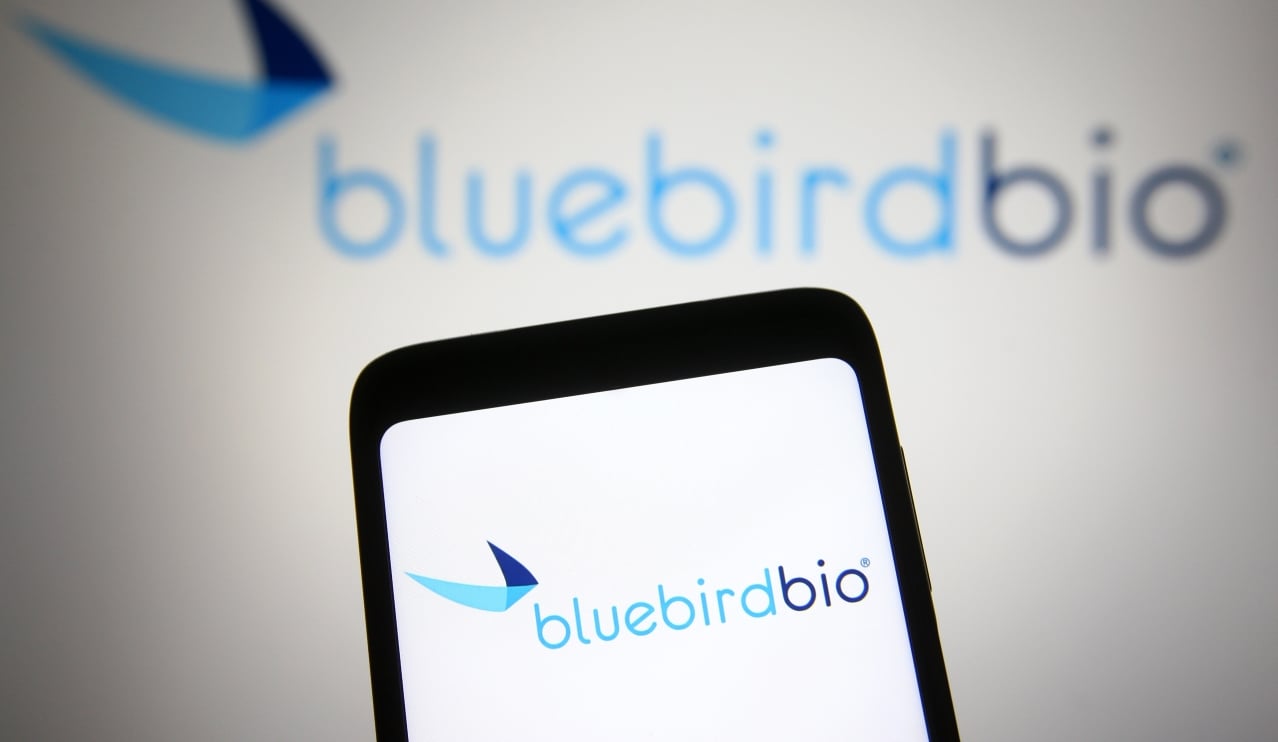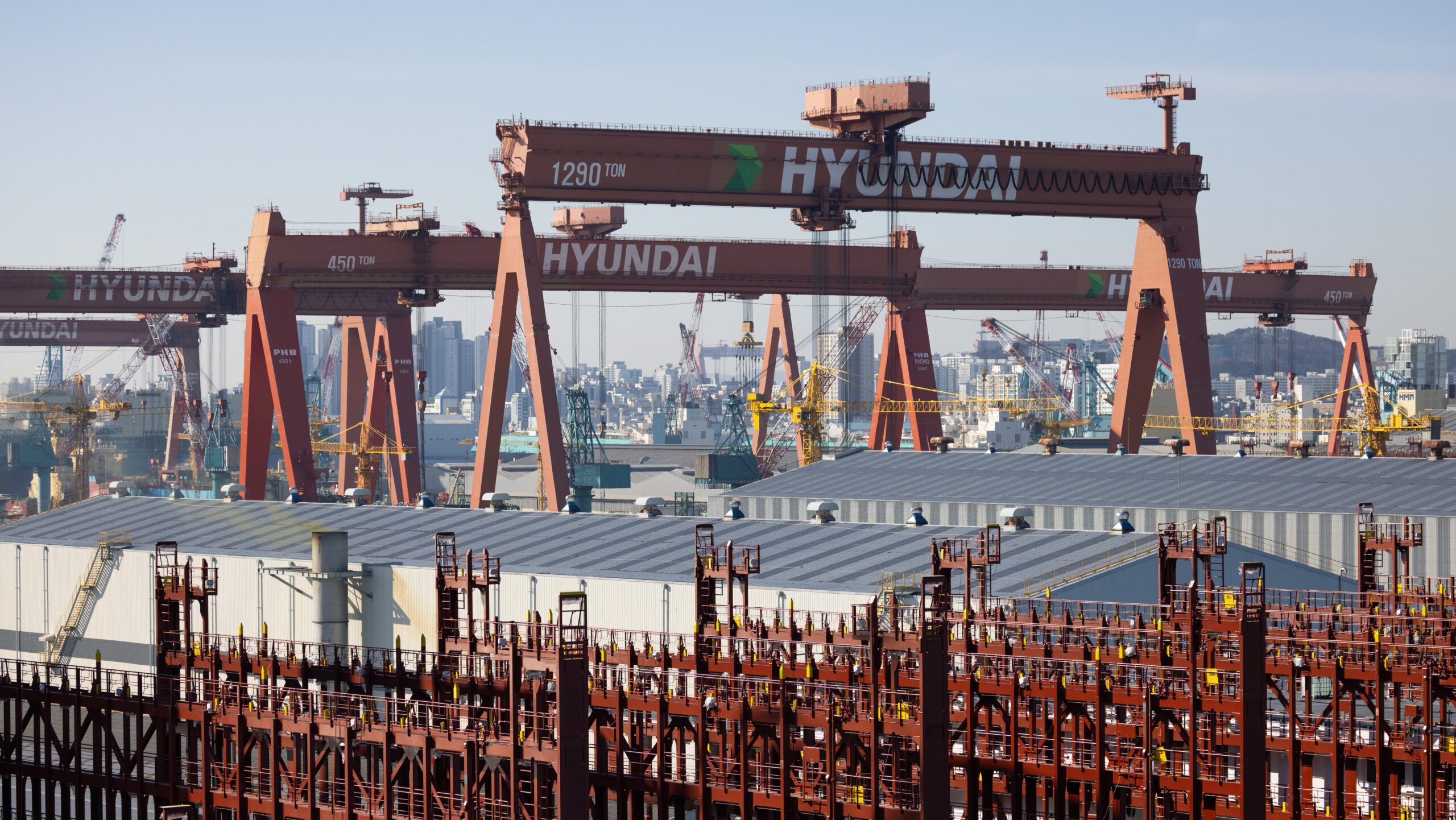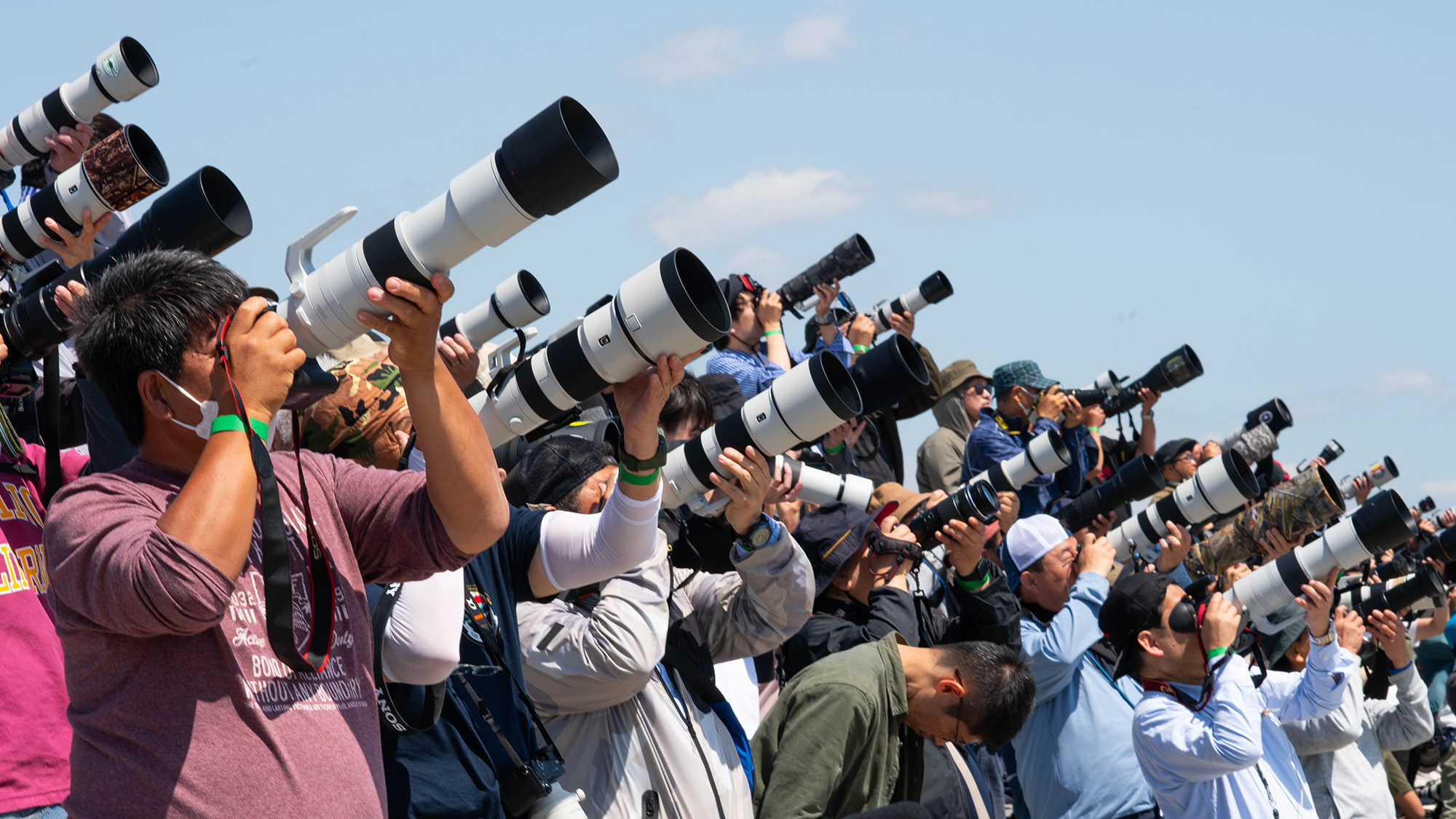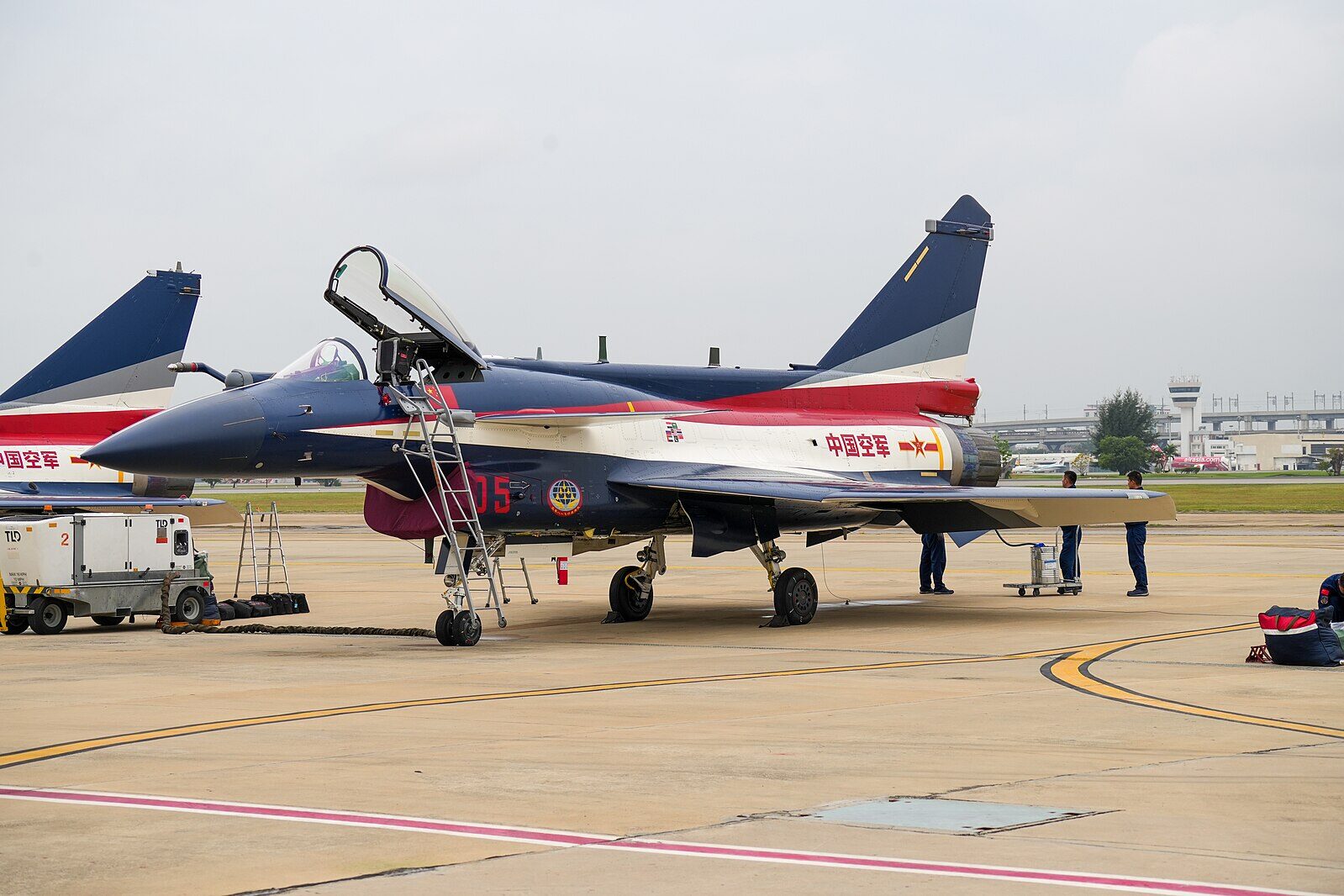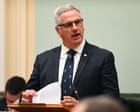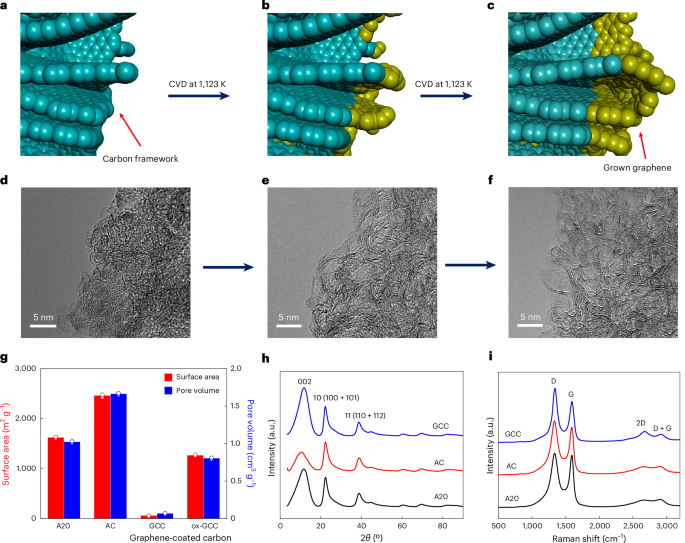Best Buy Delivers Q1 Earnings Beat, Revenue Miss as It Slashes Guidance Due to Tariff Concerns
Best Buy delivered a mixed Q1 earnings report as it cut full-year guidance due to tariffs and economic uncertainty.
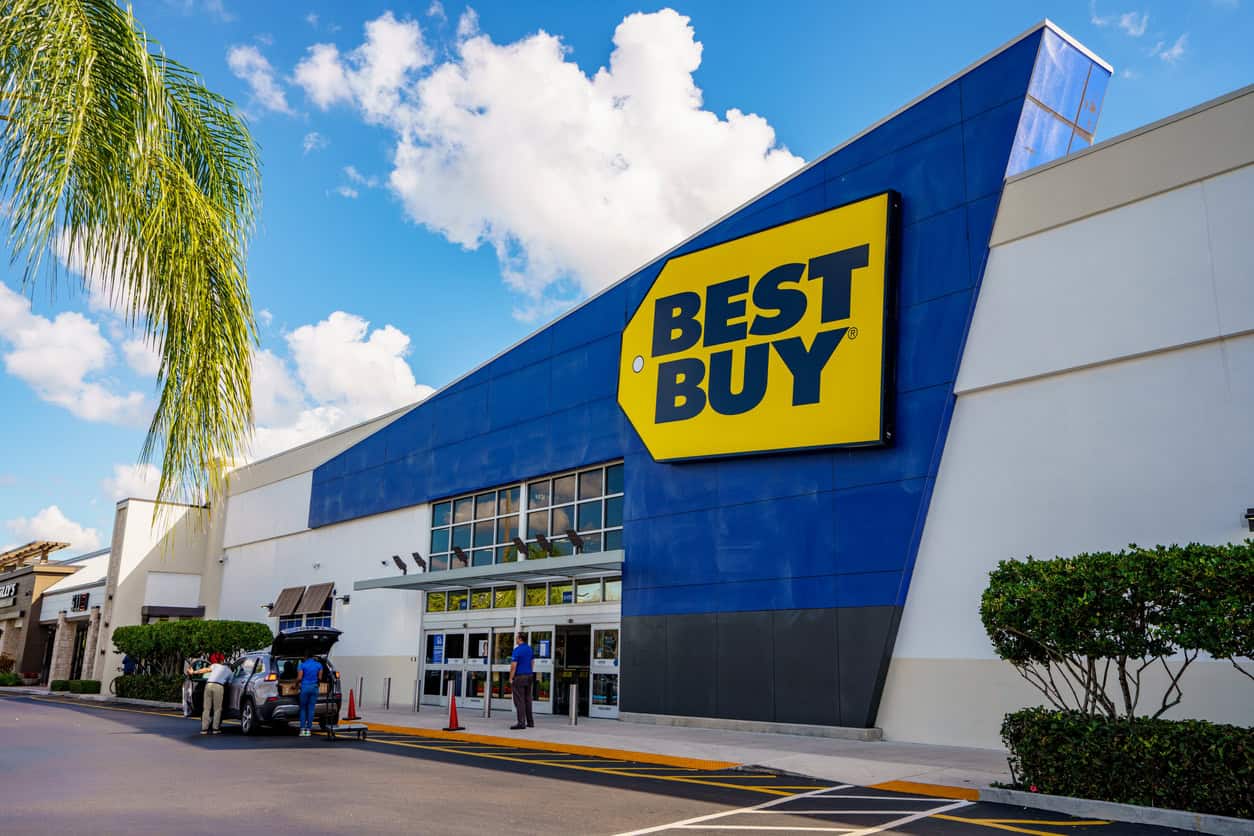
Best Buy delivered a relatively mixed Q1 earnings report concerning its fiscal 2026, according to CNBC, while also simultaneously cutting its full-year guidance over concerns tied to President Donald Trump’s tariff policy.
Concerning its first-quarter earnings per share (EPS) figures, Best Buy came in at $1.15 adjusted EPS versus $1.09 projected by LSEG analysts. Meanwhile, on the matter of its quarterly revenue, the tech retailer posted $8.77 billion, set against $8.81 billion — a narrow miss, but a miss nonetheless.
Net income for the three-month period concluding May 3 tumbled a significant 18% from the year-prior period, falling to $202 million (or 95 cents per share) versus $246 million (or $1.13 per share).
Best Buy Slashes Full-Year Guidance Over Tariff Concerns, General Macroeconomic Turbulence
Alongside its quarterly earnings report, Best Buy also announced that it would be cutting its full-year guidance expectations. A formerly established range of adjusted 2026 fiscal earnings coming in at $6.20 to $6.60 per share was downgraded to $6.15 to $6.30 per share, with macroeconomic factors, such as tariffs, playing a role in the downbeat estimates, per MarketWatch.
MarketWatch quoted Best Buy CEO Corie Barry as describing the current state of affairs as “an incredibly fluid situation,” one in which the retailer is working hard to navigate.
“We have been actively employing many tactics in partnership with our vendors as we navigate the dynamic situation and work to mitigate the impacts of tariffs on our customers and business,” Barry said, indicating that current projections were based on tariffs staying the same as they are at this point in time, as well as that the U.S. consumer is showing resilience despite persistent inflationary pressures.
Referring to a May 28 decision issued by a federal trade court to strike at least some of the president’s tariffs, the Best Buy CEO underscored this event as an example of why the company needed to retain some degree of agility when responding to unpredictable market swings.
“If you look back over the last, let’s call it four months, the variety of points where there has been a change in approach to global trade, they are myriad,” Barry said.
“And so what I really tried to work with the team on is to not actually overreact to any given moment in time, but instead to stay maniacally focused on our customers and ensure we are bringing the right assortment price and promotionality to them, whatever the backdrop,” she added, as CNBC reported.










